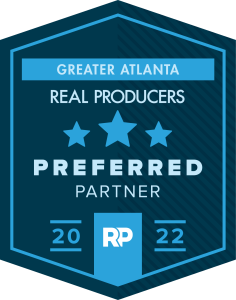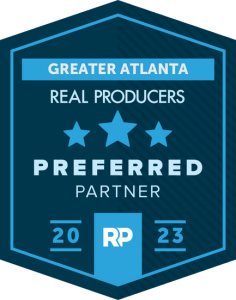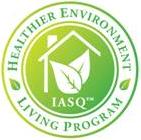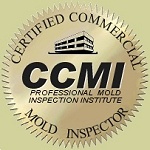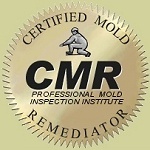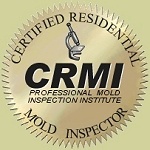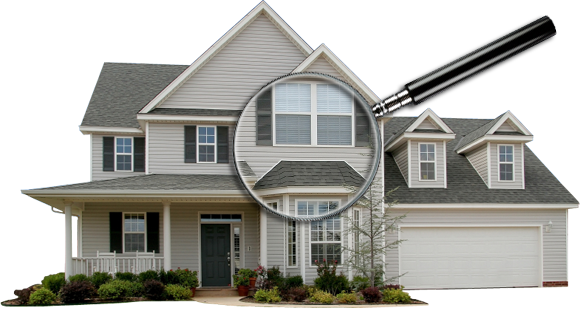World Class
Home Inspections-Mold Remediation

We go above and beyond to get the job done right
Got Mold? We can help.
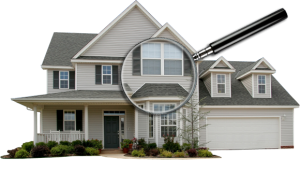
Did you know that mold can start growing as fast as 48 hours depending of the conditions? At World Class Property Services we understand that a quick response is the key to prevent further damage and reduce cleanup cost. Eight years of professional and personalized service will accomplish that. Our commitment is minimize structural water damage to the property. Our water damage experts extract water, dry, dehumidify, and apply deodorizer and disinfectant to the areas flooded or damaged by water. Crews are available 7 days a week to stop damage to your furniture, walls, ceilings, carpets and wood floors. We work fast to reverse the severe water damage. World Class Property Services is locally owned & operated, making certain that no matter if you are not working with an insurance company; we offer you a competitive price and assure you that everything will be handled with a personal touch by our certified technicians. Important Tips: Dangers are not over even when the water goes down. Do not endanger yourself or your family after a water event. Keep children and pets away. Try to protect yourself and your family from stress, fatigue, and water-related health hazards. The following precautions will help neutralize the common water-related hazards, insuring a safe recovery process: 1. Determine Structural Stability Determine whether your property is structurally safe to enter. Before entering your home or business, take a look at the ceiling and supporting walls. Do not enter if the ceiling is sagging due to water buildup or if walls have collapsed. If you are not certain the building is safe or if you have any question regarding personal safety, stay out and have a professional make an assessment. If the building is determined safe, walk in carefully and inspect indoor stability. Do not enter any deep standing water. If your property is determined unsafe or you cannot live in your home while repairs are being made, make arrangements for temporary alternate lodging. Keep records of all additional expenses incurred as a result. Most insurance policies will cover additional living expenses. 2. Cut Off the Power Supply Assume all power lines are active and functioning. Turn off the power to your unit by disabling the main circuit breaker panel even if the neighborhood power grid is down. The panel is usually installed in the garage, utility room, basement, or outdoors on the side of the home. Do not remove excess water using regular household vacuums. Avoid using any electrical appliances especially while standing on wet carpets or floors. If you choose to use a generator for temporary electricity supply, do not run it in an enclosed area. The generator's engine releases carbon monoxide that is extremely hazardous to health. Be sure to let the engine cool off before refueling and avoid using extension cords. 3. Turn Off the Water Supply Turn off the main water supply. Locate the main valve and turn it clockwise to turn it off. You may need to use pliers or an adjustable wrench. The main water valve is usually located in the basement, near the water meter, or outside the building. If you can not complete this task yourself, contact a plumber immediately. Do not use piped water until you are sure it is safe. Use bottled water or boiled water for washing, drinking, and cooking. 4. Turn Off the Gas Supply Check for the odor of natural gas and shut off the gas supply lines. The main gas valve is usually located on the gas supply pipe, near the meter. 5. Beware of Animals Watch out for stray pets, reptiles, and rodents that might have taken shelter in your property after being disturbed by the water. Be cautious of approaching any animal. Use a stick to poke through debris before removing it. Contact your local animal control officer for assistance 6. Use Protective Gear In many cases of water damage events, water is contaminated with sewage, mud, and other debris, presenting health hazards. Protect yourself during clean up using protective gear such as: Disposable plastic gloves Respirator with a particulate filter, N-95 respirator, or half-face respirator with a HEPA (High Efficiency Particulate Air) filter Goggles or protective eyewear Disposable full body clothing, coveralls, or a lab coat Head gear Rubber boots or foot coverings

Mold Inspection
Molds are part of the natural environment. Outdoors, molds play a part in nature by
Our Credentials
